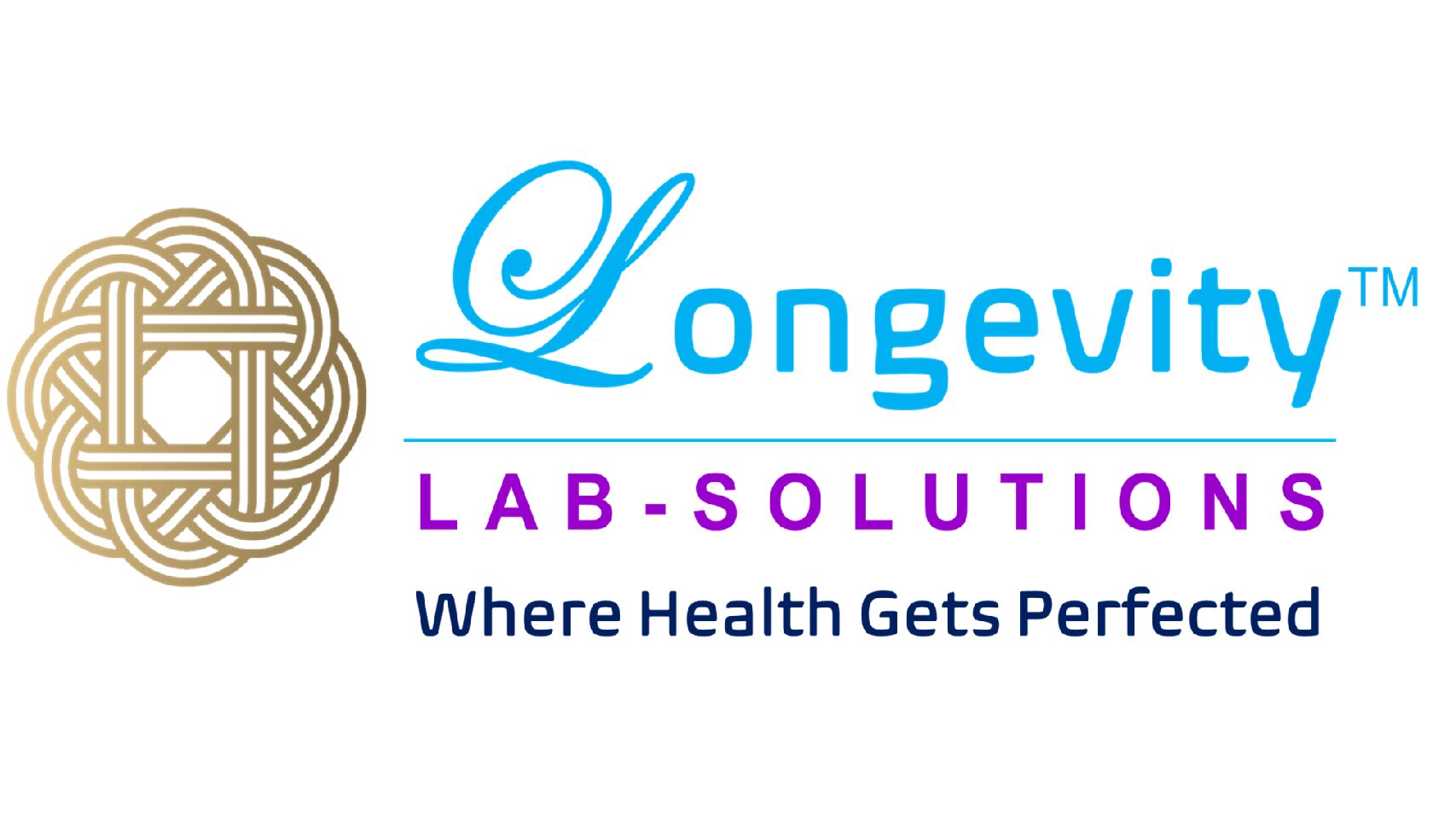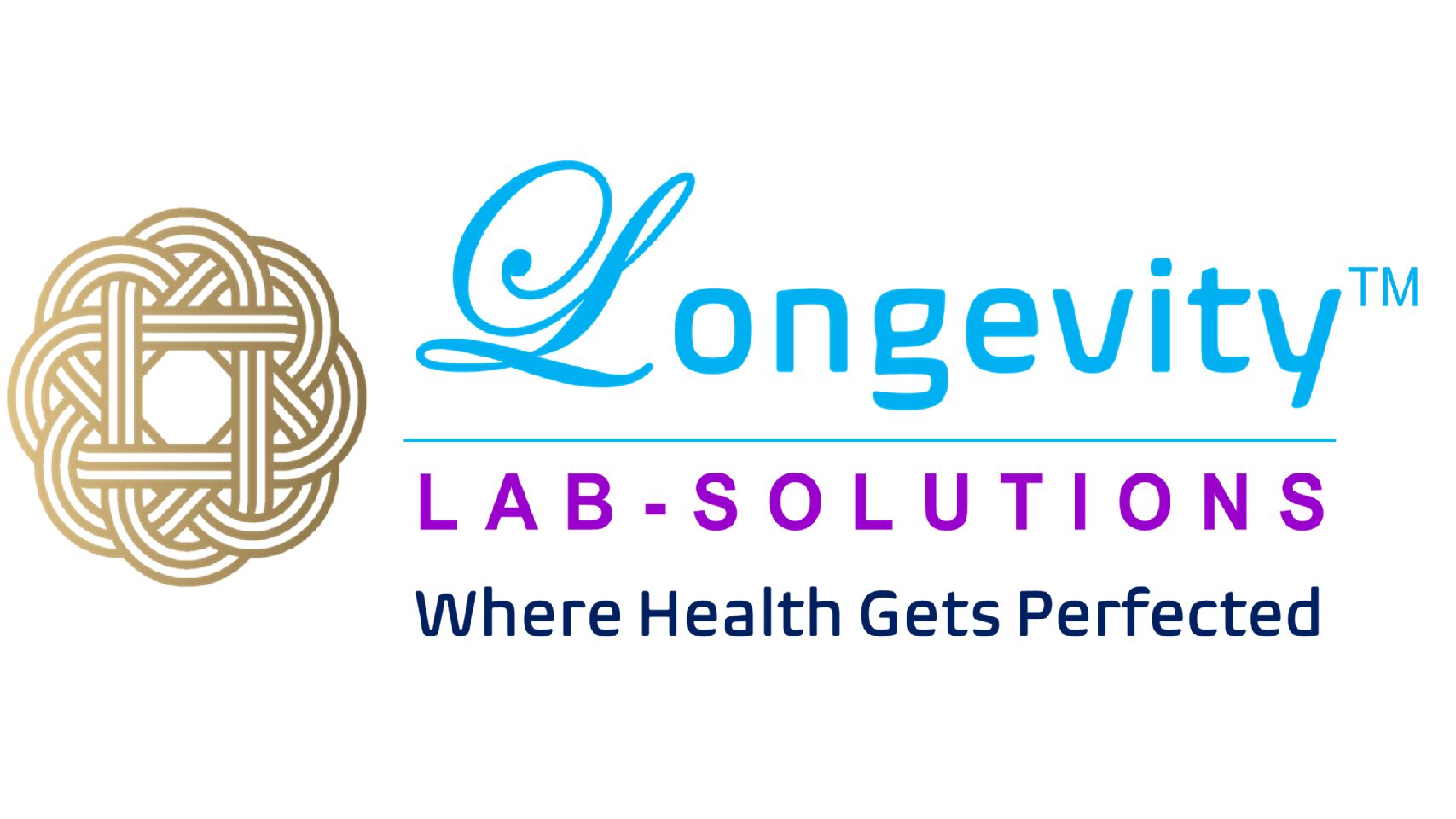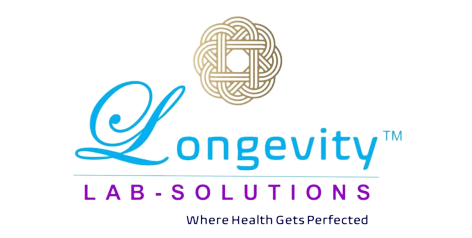IntelliMIND - Sleep
- Test Requisition Form
- Methylation Chart
- Sample Report
- Blood Collection Video
IntelliMIND Sleep
The Autism Plate
IntelliMIND Nutrition & Supplements
IntelliMIND Fitness

IntelliMIND - Sleep
Sleep disturbances are a common concern for individuals with Autism Spectrum Disorder (ASD) and Attention-Deficit/Hyperactivity Disorder (ADHD), significantly impacting their overall well-being, cognitive function, and behavior. Both conditions are associated with various sleep issues, such as difficulty falling asleep, frequent night wakings, restless sleep, early morning awakenings, and, in some cases, obstructive sleep apnea. These sleep problems can exacerbate the core symptoms of ASD and ADHD, leading to increased irritability, difficulties with attention, heightened hyperactivity, and challenges in emotional regulation.
Several factors contribute to sleep disturbances in ASD and ADHD. In ASD, melatonin dysregulation is common, often leading to irregular sleep-wake cycles. Sensory sensitivities, such as heightened sensitivity to light, noise, or textures, can also interfere with sleep. In ADHD, hyperactivity and impulsivity can make it difficult for children to wind down at night, and stimulant medications often prescribed for ADHD can further disrupt sleep patterns. Anxiety, a common feature in both conditions, also plays a significant role in sleep difficulties.
The impact of poor sleep on individuals with ASD and ADHD is profound. It can worsen behavioral issues, impair cognitive function, and lead to difficulties in academic performance and social interactions. Emotional regulation becomes more challenging, resulting in mood swings and increased anxiety. Moreover, the strain of managing sleep disturbances often affects the entire family, leading to parental stress and exhaustion.
By improving sleep, children with ASD and ADHD can experience better daytime functioning, enhanced learning, and improved quality of life for both themselves and their families.
This test measures 2 Analytes: Cortisol (3 samples collected am, midday, pm), Melatonin
Price: $149.00
Autism, ADHD, and Sleep
Sleep disturbances are highly prevalent in both Autism Spectrum Disorder (ASD) and Attention-Deficit/Hyperactivity Disorder (ADHD), and these disturbances can significantly affect the overall well-being, cognitive function, and behavior of individuals with these conditions. The co-occurrence of ASD and ADHD further complicates the sleep patterns, making it a critical area of focus for intervention.
Common Sleep Issues in ASD and ADHD
- Difficulty Falling Asleep (Sleep Onset Insomnia): Both children with ASD and those with ADHD often experience difficulty falling asleep. In ASD, this can be due to anxiety, sensory sensitivities, or irregular melatonin production. In ADHD, the hyperactivity and impulsivity associated with the condition can make it difficult to wind down at night, prolonging the time it takes to fall asleep.
- Frequent Night Wakings: Individuals with ASD and ADHD may wake frequently during the night, leading to fragmented sleep. In ASD, this can be related to sensory issues, gastrointestinal discomfort, or even nocturnal seizures. In ADHD, disrupted sleep may be due to restlessness, nightmares, or a heightened sensitivity to stimuli during sleep.
- Restless Sleep: Restless sleep, characterized by frequent movements, tossing and turning, or kicking, is common in both ASD and ADHD. This can be due to restless legs syndrome or other neurological factors. For individuals with ADHD, the hyperactive nature of the disorder can manifest as restless sleep, further disrupting sleep quality.
- Early Morning Awakenings: Children with ASD and ADHD may wake up very early in the morning, often before they have had a full night’s sleep. This can lead to daytime fatigue, irritability, and difficulty concentrating, exacerbating the symptoms of both conditions.
- Sleep Apnea: Obstructive sleep apnea (OSA) is more common in children with ASD and ADHD than in the general population. OSA causes repeated episodes of blocked breathing during sleep, leading to poor sleep quality and daytime sleepiness.
Causes of Sleep Problems in ASD and ADHD
- Melatonin Dysregulation: Melatonin, a hormone that regulates the sleep-wake cycle, is often produced in abnormal amounts or at irregular times in children with ASD. In ADHD, melatonin levels may also be disrupted, particularly if the individual takes stimulant medications, which can delay melatonin onset and reduce sleep duration.
- Sensory Sensitivities: Sensory processing issues are common in ASD and can significantly impact sleep. Children with ASD may be overly sensitive to light, noise, texture of bedding, or temperature changes, making it difficult for them to fall asleep or stay asleep. Children with ADHD may also experience sensory sensitivities, though they are often less pronounced than in ASD.
- Anxiety and Behavioral Issues: Anxiety is prevalent in both ASD and ADHD and can contribute to sleep problems. Children with ASD may have rigid routines and difficulty transitioning to bedtime, while children with ADHD may struggle with impulsivity and hyperactivity that interferes with calming down for sleep.
- Medication Effects: Medications commonly used to treat ADHD, such as stimulants (e.g., methylphenidate, amphetamines), can interfere with sleep by increasing arousal and delaying sleep onset. Additionally, some medications used to manage co-occurring conditions in ASD, such as SSRIs or antipsychotics, can also impact sleep.
Impact of Sleep Problems
- Behavioral and Cognitive Effects: Poor sleep can exacerbate core symptoms of both ASD and ADHD. In ASD, lack of sleep can lead to increased irritability, aggression, and difficulty with social interactions. In ADHD, sleep deprivation can worsen inattention, hyperactivity, and impulsivity, making it harder for children to function effectively during the day.
- Emotional Regulation: Sleep disturbances can impair emotional regulation in both ASD and ADHD, leading to increased mood swings, anxiety, and difficulties in managing frustration. This can create a cycle where poor sleep leads to behavioral issues, which in turn further disrupt sleep.
- Academic Performance: Both ASD and ADHD are associated with challenges in academic performance, and these challenges can be further compounded by poor sleep. Lack of adequate sleep can impair memory, attention, and executive functioning, making it difficult for children to succeed in school.
Strategies to Improve Sleep in ASD and ADHD
- Behavioral Interventions: Cognitive-behavioral therapy for insomnia (CBT-I) and other behavioral interventions can help establish healthy sleep habits. Techniques such as maintaining a consistent sleep schedule, creating a calming bedtime routine, and reducing screen time before bed can be effective for both ASD and ADHD.
- Melatonin Supplementation: For children with melatonin dysregulation, melatonin supplements can help regulate the sleep-wake cycle. This is particularly useful in ASD but may also benefit children with ADHD, especially those on stimulant medications.
- Sensory Modifications: Adjusting the sleep environment to accommodate sensory sensitivities can improve sleep quality. This might include using weighted blankets, blackout curtains, white noise machines, or ensuring that the bedding is comfortable.
- Parental Education and Support: Educating parents about sleep hygiene and effective sleep strategies is crucial. Support groups and counseling can also help families manage the challenges associated with sleep disturbances in children with ASD and ADHD.
Test Details
2 Analytes Tested
- Cortisol (3 samples)
- Melatonin
Cortisol, a hormone produced by the adrenal glands, plays a crucial role in regulating the body’s response to stress and maintaining the sleep-wake cycle. Abnormal cortisol levels are often associated with sleep disturbances, and these disruptions are particularly prevalent in individuals with Autism Spectrum Disorder (ASD) and Attention-Deficit/Hyperactivity Disorder (ADHD). Understanding the relationship between cortisol, sleep, and these neurodevelopmental disorders can provide insights into their underlying mechanisms and potential avenues for intervention.
Cortisol and the Sleep-Wake Cycle
Cortisol follows a diurnal rhythm, typically peaking in the early morning to help the body wake up and gradually declining throughout the day to reach its lowest levels at night, facilitating sleep onset. This rhythm is crucial for maintaining a healthy sleep-wake cycle. However, in individuals with ASD and ADHD, this rhythm can be disrupted, leading to difficulties in both falling asleep and maintaining sleep.
Cortisol and Sleep in Autism Spectrum Disorder (ASD)
In children with ASD, research has shown that cortisol levels can be dysregulated. Some studies indicate that children with ASD may have elevated evening cortisol levels, which can delay sleep onset and contribute to difficulties in staying asleep. This dysregulation might be linked to the heightened stress response often seen in individuals with ASD, who may have an increased sensitivity to environmental changes or daily stressors. Additionally, sensory sensitivities and anxiety, common in ASD, can further elevate cortisol levels, exacerbating sleep problems. The resulting sleep disturbances can then contribute to a vicious cycle, where poor sleep leads to increased cortisol levels the next day, further disrupting the sleep-wake cycle.
Cortisol and Sleep in Attention-Deficit/Hyperactivity Disorder (ADHD)
In individuals with ADHD, cortisol dysregulation can also contribute to sleep disturbances. Research has shown that children with ADHD may have a blunted cortisol awakening response, which can affect their ability to wake up and be alert in the morning. Conversely, some studies have found that children with ADHD may have higher cortisol levels in the evening, which can interfere with their ability to wind down and fall asleep. This dysregulation is often linked to the hyperactivity and impulsivity associated with ADHD, as well as the challenges in emotional regulation that are common in this population. The use of stimulant medications in ADHD, which can elevate cortisol levels, may further complicate this relationship, potentially leading to additional sleep difficulties.
The Impact of Cortisol Dysregulation on Sleep
The dysregulation of cortisol in individuals with ASD and ADHD has significant implications for sleep quality and overall well-being. Elevated evening cortisol levels can lead to difficulties in falling asleep, frequent night wakings, and reduced sleep duration, all of which can exacerbate the core symptoms of both ASD and ADHD. For instance, poor sleep can worsen attention deficits, increase irritability, and reduce the ability to manage stress and anxiety, creating a feedback loop that perpetuates the problem.
Melatonin is a hormone produced by the pineal gland in the brain, primarily responsible for regulating the sleep-wake cycle. Its production is influenced by the light-dark cycle, with levels typically rising in the evening to promote sleep and falling in the morning to help wakefulness. In individuals with Autism Spectrum Disorder (ASD) and Attention-Deficit/Hyperactivity Disorder (ADHD), melatonin dysregulation is a common issue that contributes to the high prevalence of sleep disturbances seen in these populations.
Melatonin and Autism Spectrum Disorder (ASD)
Children with ASD often experience irregular melatonin production, which can lead to a range of sleep problems, including difficulty falling asleep, frequent night wakings, and early morning awakenings. Research has shown that:
Reduced Melatonin Levels: Many individuals with ASD have lower overall levels of melatonin, which can delay sleep onset and reduce sleep duration. This reduction may be due to abnormalities in the enzymes involved in melatonin synthesis, such as serotonin N-acetyltransferase (SNAT) and hydroxyindole-O-methyltransferase (HIOMT).
Delayed Melatonin Onset: Some children with ASD produce melatonin later in the evening compared to neurotypical individuals. This delayed onset can shift the sleep-wake cycle, making it difficult for these children to fall asleep at a typical bedtime and leading to irregular sleep patterns.
Fragmented Sleep: In addition to delayed sleep onset, irregular melatonin production can result in more frequent night wakings, contributing to fragmented and less restorative sleep. This poor sleep quality can exacerbate core ASD symptoms such as irritability, social withdrawal, and difficulty with communication.
Melatonin and Attention-Deficit/Hyperactivity Disorder (ADHD)
Children and adults with ADHD also commonly experience sleep disturbances, and melatonin dysregulation plays a significant role in these issues. Key findings related to melatonin in ADHD include:
Delayed Sleep Phase Syndrome (DSPS): Many individuals with ADHD exhibit delayed melatonin secretion, leading to a condition known as Delayed Sleep Phase Syndrome. In DSPS, the individual’s natural sleep-wake cycle is shifted later, causing them to fall asleep and wake up much later than is typical. This misalignment with societal norms can result in chronic sleep deprivation, particularly if school or work schedules require early morning wakefulness.
Impact of Stimulant Medications: Stimulant medications commonly prescribed for ADHD, such as methylphenidate (Ritalin) and amphetamines (Adderall), can further disrupt melatonin production. These medications can delay the release of melatonin in the evening, making it harder for individuals with ADHD to fall asleep.
Sleep-Onset Insomnia: Difficulty falling asleep is a prevalent issue in ADHD, often due to hyperactivity, restlessness, and delayed melatonin release. This sleep-onset insomnia can lead to insufficient sleep, which in turn exacerbates ADHD symptoms such as inattention, impulsivity, and mood instability.
- saliva collected morning, midday and evening before sleeping.
7 days
Price: $149.00


